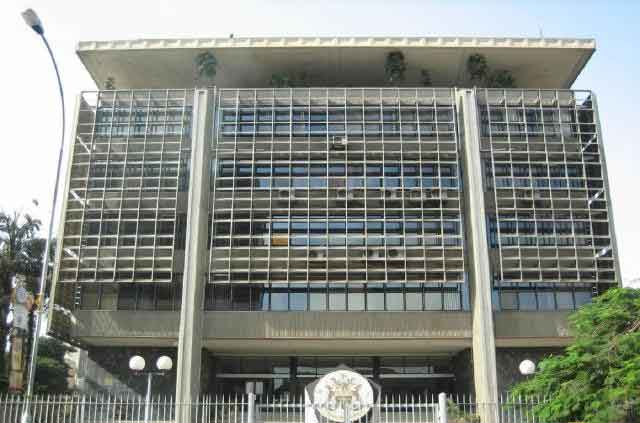
Kampala, Uganda | THE INDEPENDENT | Members of Parliament have asked the government to reduce domestic borrowing as a means to finance the budget saying it will crowd out the private sector.
The MPs were today meeting the Ministry of Finance and the Uganda Revenue Authority (URA) to consider two loan applications worth 6.5 trillion Shillings, to finance a budget deficit for the financial year 2020/2021.
Domestic Borrowing is done through the issuance of securities like treasury bills which are short term debt instruments with tenures ranging from 91, 182 and 364 days and treasury bonds with a maturity period of more than a year. These investments are considered advantageous because they consider the guaranteed rate of return and have no value loss.
State Minister for Finance David Bahati says that up to 4.3 trillion Shillings will come from domestic borrowing, while 2.2 trillion will be borrowed from the International Monetary Fund (IMF). MPs have however said that Government needs to reduce domestic borrowing to at least two trillion Shillings.
Ruhinda North MP Thomas Tayebwa says that many businesses are facing challenges accessing loans because of the COVID-19 risks, and fears that as the government moves to borrow, many banks will withhold money from Ugandans with the hope of loaning the government.
Nakaseke North MP Syda Bbumba said that the government needs to provide a clear strategy on how to generate revenue and stay away from borrowing. She added that domestic borrowing by the government is an issue they have been discouraging because it is likely to stress the financial prospects of the private sector.
But Bahati noted that they will trade carefully on the matter and ensure that the domestic borrowers are not affected.
According to Bahati, they expect to raise 19 trillion Shillings from domestic revenue, but the remaining 32 trillion Shillings will be external funds through loans and grants.
********
URN
 The Independent Uganda: You get the Truth we Pay the Price
The Independent Uganda: You get the Truth we Pay the Price





